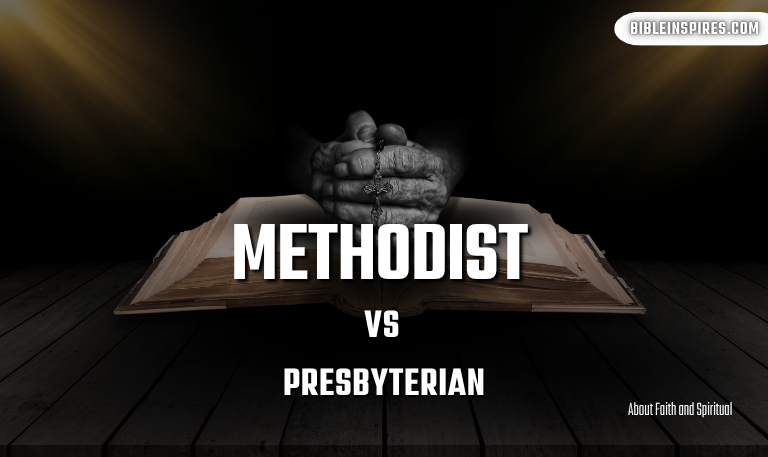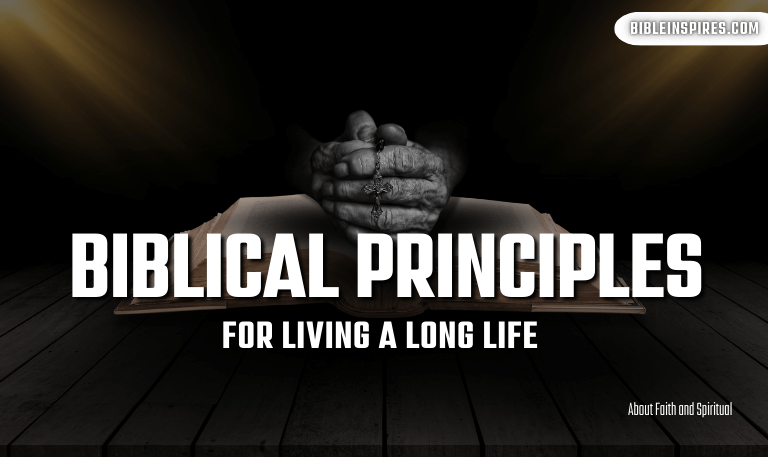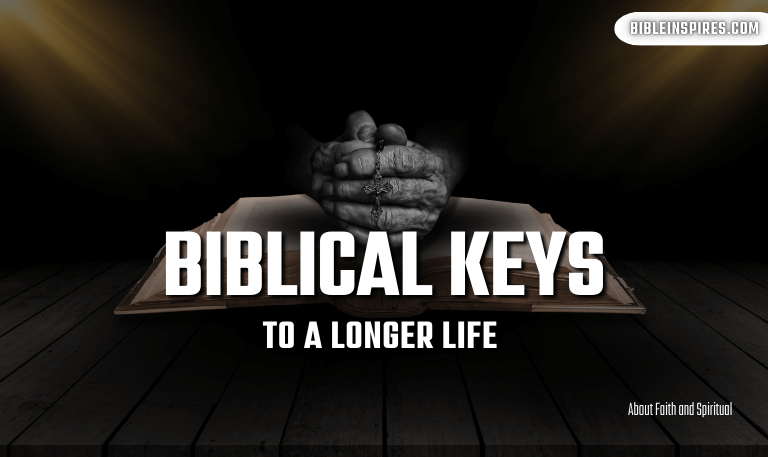Christianity is a faith that spans many denominations, each with its own interpretations, traditions, and practices. Among the most well-known Protestant denominations are the Methodist and Presbyterian churches. Although both are rooted in the Reformation and share similar Protestant theology, they differ significantly in several key aspects, including their history, governance, doctrine, and worship practices.
In this article, we will explore the similarities and differences between the Methodist vs Presbyterian denominations, diving deep into their origins, beliefs, practices, and current trends. Whether you are deciding which denomination aligns with your personal beliefs or simply seeking to understand these two branches of Christianity more clearly, this guide will provide a thorough and insightful comparison.
I. Methodist and Presbyterian Denominations
The Methodist and Presbyterian churches both stem from the Protestant Reformation, which aimed to reform the Catholic Church in the 16th century. Although they share the foundational principles of Protestantism, such as the authority of Scripture and salvation by grace through faith, they differ in key aspects of doctrine, church governance, and worship style.
Understanding these differences can help individuals make informed decisions about where to place their faith and how to engage with each denomination’s community. This section will introduce the core origins and theological distinctions between the two.
Read Also: Opposite of Sin
Key Differences and Similarities
Common Protestant Roots: Both Methodism and Presbyterianism arose from the Protestant Reformation.
Governance: Methodism traditionally follows an episcopal system (bishops) while Presbyterianism uses a presbyterian system (elders).
Theology: Methodists emphasize free will and salvation, while Presbyterians hold to the doctrine of predestination.
II. Historical Origins of Methodism and Presbyterianism
A. The Birth of Methodism
Methodism was founded by John Wesley in the 18th century as a movement within the Church of England. Wesley’s desire was to reform the Anglican Church and renew a focus on personal piety, holiness, and social justice. The Methodist movement gained significant momentum as Wesley and his followers began to emphasize the need for individuals to have a personal experience of salvation.
Key Milestones in Methodist History:
1738: John Wesley’s conversion experience in Aldersgate Street, London.
1744: The establishment of the first Methodist conference.
1784: The formal creation of the Methodist Episcopal Church in America.
B. The Birth of Presbyterianism
Presbyterianism, on the other hand, traces its roots back to John Calvin and the Reformed tradition of the 16th century. Calvin’s theological writings, particularly the doctrine of predestination, deeply influenced Presbyterian beliefs. In Scotland, John Knox established the Presbyterian Church, creating a distinctive ecclesiastical structure based on representative government and the leadership of elected elders.
Key Milestones in Presbyterian History:
1536: John Calvin publishes the Institutes of the Christian Religion, outlining the theology of predestination and the sovereignty of God.
1560: The Scottish Reformation establishes Presbyterianism as the national church in Scotland.
1700s: The growth of Presbyterianism in the United States through Scottish immigrants.
III. Core Beliefs: Methodist vs Presbyterian
A. Methodist Core Beliefs
Methodism is known for its emphasis on grace and personal holiness. Methodists believe that salvation is available to all people and that it is a continuous process that involves justification, sanctification, and eventual glorification. **John Wesley’s doctrine of prevenient grace teaches that God’s grace is extended to all people, regardless of their actions.
Key Beliefs in Methodism:
Salvation by grace through faith.
Prevenient grace: God’s grace extends to everyone, enabling them to make the choice to follow Christ.
Personal holiness: A strong emphasis on living a life of holiness and helping others through social justice.
Arminian theology: Belief in free will rather than predestination.
Read Also: Gods Plan Is Better Than Ours
B. Presbyterian Core Beliefs
Presbyterians hold to the Reformed theology of John Calvin, which emphasizes the absolute sovereignty of God, the authority of Scripture, and the doctrine of predestination. Presbyterians believe that before the foundation of the world, God predestined some individuals to salvation and others to damnation.
Key Beliefs in Presbyterianism:
Salvation by grace through faith but with a belief in predestination.
Sovereignty of God: God is the ultimate authority and control over all things.
Scripture as the sole authority for doctrine and practice.
Reformed theology: Focus on God’s will and glory in everything.
IV. Worship Practices: Methodist vs Presbyterian
A. Methodist Worship Style
Methodist worship typically incorporates traditional elements such as hymn-singing, liturgical prayers, and a sermon. The Wesleyan tradition places a strong emphasis on the singing of hymns and the participation of the congregation in worship. The Methodist Church values both traditional and contemporary styles of worship.
Methodist Worship Highlights:
Hymns and music: Central to worship, with a rich tradition of hymnals written by John Wesley and his followers.
Sacraments: Includes baptism (both infant and believer’s baptism) and communion.
Responsive prayer and scripture readings.
B. Presbyterian Worship Style
Presbyterian worship is rooted in the Reformed tradition and focuses heavily on the preaching of the Word. The Presbyterian Church traditionally avoids excessive liturgy and emphasizes Scripture-centered services. Communion is also an important sacrament but is typically celebrated less frequently than in Methodist worship.
Presbyterian Worship Highlights:
Preaching and teaching: Central to the service, with an emphasis on Scripture exposition.
Sacraments: Baptism (both infant and believer’s baptism) and communion, celebrated with a more formal, somber tone.
Liturgical elements: Less emphasis on hymn-singing and more on scripture readings and prayers.
V. Church Governance: Methodist vs Presbyterian
A. Methodist Church Governance
Methodism follows an episcopal system of church government, which means that the church is overseen by bishops. The General Conference is the main governing body, which meets every four years to make decisions regarding church doctrine and practice. Pastors and bishops are appointed by the church leadership.
Key Points of Methodist Governance:
Bishops: Serve as spiritual leaders and administrators of the church.
Connectionalism: Emphasizes the interconnectedness of all Methodist churches, with clergy and laity working together.
Appointment system: Pastors are appointed by the bishop to serve various congregations.
Read Also: CSB vs ESV Bible
B. Presbyterian Church Governance
Presbyterianism follows a representative form of government, with elected elders overseeing the church. The term “presbyter” refers to an elder or leader in the church. Presbyteries, synods, and the General Assembly are the primary governing bodies.
Key Points of Presbyterian Governance:
Elders: Elected by the congregation and hold authority over church matters.
Presbyteries: Regional bodies composed of elected elders and ministers.
General Assembly: The highest court in the Presbyterian Church, which makes decisions on doctrine and governance.
VI. Key Differences in Doctrine: Salvation and Predestination
A. Salvation in Methodism
Methodists believe that salvation is a gift of grace and that all individuals have the free will to choose or reject salvation. They reject the idea of predestination and believe that God’s grace is available to all.
B. Predestination in Presbyterianism
Presbyterians believe in double predestination: the doctrine that God has chosen some individuals for salvation (the elect) and others for damnation. This view is rooted in the teachings of John Calvin and is a key aspect of Reformed theology.
VII. Social Issues and Political Views
A. Methodist Stance on Social Issues
Methodism has a long history of social activism, emphasizing social justice, human rights, and community service. The church has been involved in advocating for healthcare, education, and racial equality.
Read Also: New Week Blessings Prayers
B. Presbyterian Stance on Social Issues
Presbyterians also support social justice causes but tend to have more conservative views on issues like marriage and sexuality. The Presbyterian Church (USA) has been at the forefront of debates over same-sex marriage and ordination of LGBTQ individuals.
Methodist vs Presbyterian FAQs
Q: What is the main difference between Methodism and Presbyterianism?
A: The main difference lies in their governance and theology. Methodists follow an episcopal structure (led by bishops), while Presbyterians have a representative government led by elected elders. Theologically, Methodists emphasize free will in salvation, while Presbyterians believe in predestination.
Q: Do Methodists and Presbyterians believe in predestination?
A: No, Methodists reject the doctrine of predestination, emphasizing free will, whereas Presbyterians believe in predestination, as taught by John Calvin.
Q: Can Methodists and Presbyterians marry each other?
A: Yes, Methodists and Presbyterians can marry each other. The two denominations generally allow inter-denominational marriages.
Q: Which denomination is larger, Methodist or Presbyterian?
A: Methodism is generally larger than Presbyterianism, particularly in countries like the United States and Africa.
Conclusion
While both Methodist and Presbyterian denominations share a common heritage in the Protestant Reformation, they differ significantly in terms of governance, theology, and worship practices. Methodism emphasizes grace, free will, and personal holiness, while Presbyterianism adheres to the sovereignty of God and the doctrine of predestination.
Whether you align with Methodist beliefs or Presbyterian theology, it is important to understand the key differences to make an informed decision about your faith and community.

![How to Forgive According to the Bible [2025 Guide] 3 How-to-Forgive-According-to-the-Bible-[2025-Guide]](https://bibleinspires.com/wp-content/uploads/2025/04/How-to-Forgive-According-to-the-Bible-2025-Guide.png)

